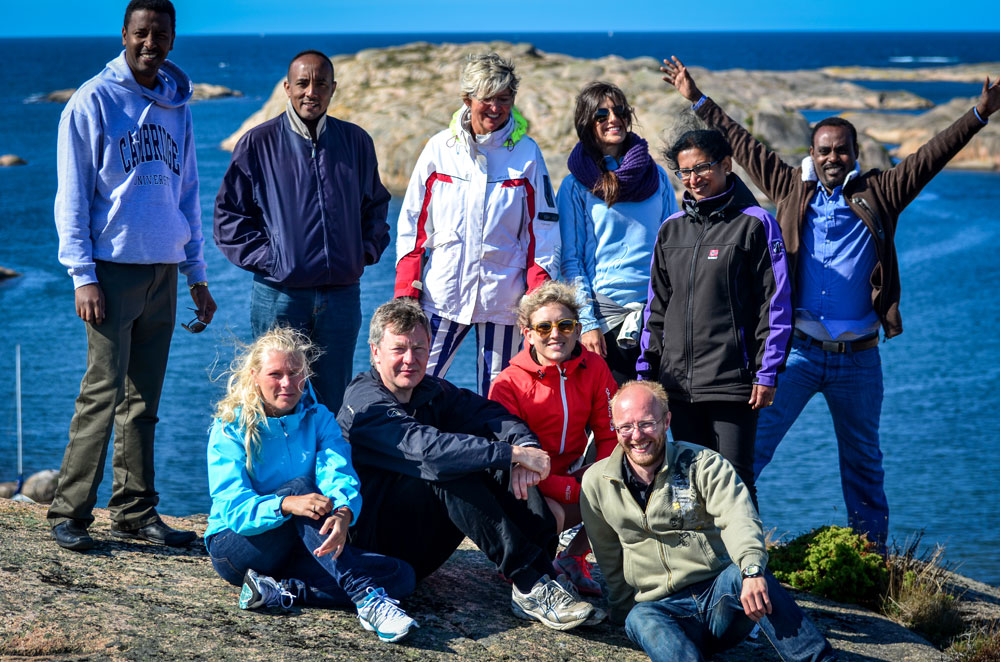Tone Tønjum's group: Unit for Genome Dynamics
The Genome Dynamics (GD) group studies the mechanisms involved in the variability and maintenance of genomes, and the effect of genome variation and conservation on normal cellular function and disease. This involves the study of DNA repair and recombination mechanisms in microbes and man and the study of evolution and horizontal gene transfer in microbes. The microbial studies are particularly important for deciphering the mechanisms involved in the development of antimicrobial resistance (AMR). Mechanisms for efficient genome variation, adaptation and maintenance are a necessity to ensure cellular fitness and survival in rapidly changing environments. Addressing these topics in major bacterial pathogens, low-complexity model bacteria and human cellular systems are important tools for deciphering the balance between fitness for survival and cellular function, in health and disease development. In particular, we are focusing on the identification of DNA binding components contributing to the neisserial transformation system, which we suggest is directly coupled to pilus retraction. We have identified a number of novel DNA binding components and defined how they act and interact. Notably, we have shown that uptake of DNA by transformation mediates conservation, not only variation. GD studies also encompass evolution and molecular conservation and variation in Mycobacterium tuberculosis, the cause of tuberculosis. Our discoveries on short-term and long-term evolution in M. tuberculosis have impact on AMR as well as drug and vaccine development. In the BrainGut project, we address the impact of genome dynamics and bioenergetics in human non-communicable diseases with emphasis on normal aging, Alzheimer’s disease and inflammatory bowel disease. We focus on the role of defects in DNA repair, mitochondrial function and gut microbiome on host defense, cellular fitness and virulence in mouse models and in clinical patient materials. By comparing gene expression profiles in human brain biopsies and blood we have discovered e.g. that DNA repair genes are expressed at much higher levels in the brain than in blood. We have discovered that many bacteria in the gut produce high amounts of neurotransmitters. The GD group holds multidisciplinary expertise molecular biology and molecular medicine and has strong national and international networks.

